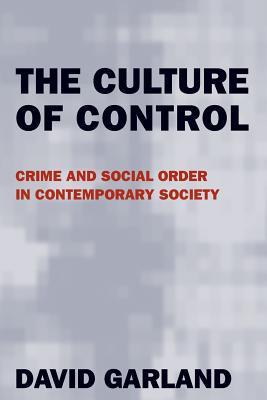"Culture of Control" by David Garland is an insightful book that delves deep into the evolution of crime control and penal policy over recent decades. Garland, a renowned sociologist and criminologist, examines how late modern societies have responded to crime with increasing measures of control and regulation. This thought-provoking work explores the interplay between society’s culture, political influences, and criminal justice responses that have led to what Garland describes as a culture of control.
The book offers a comprehensive analysis of the socio-political forces and social changes, such as the rise of the welfare state and the shift towards neo-liberal policies, which have reshaped penal policies and practices. It provides a critical evaluation of the mechanisms that have transformed societal responses to crime and deviance, highlighting both the strengths and shortcomings of contemporary penal approaches.
With a sharp analytical lens, Garland discusses key themes such as the decline of rehabilitation, the emergence of mass incarceration, and the increasing reliance on risk management strategies. As a meticulous researcher, Garland draws upon a wealth of case studies and comparative analysis, enabling readers to grasp the complex dynamics between societal change and penal development.
"Culture of Control" is essential reading for students, scholars, and anyone interested in sociology, criminology, and public policy. Its detailed examination of the cultural and institutional shifts in crime control make it a seminal text in understanding the contemporary landscape of criminal justice.
